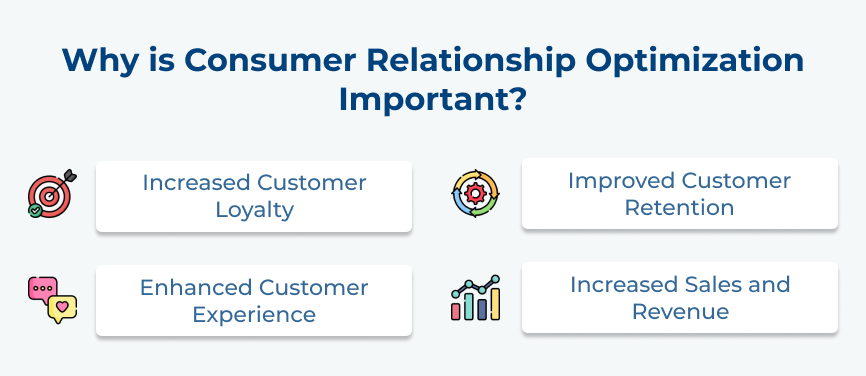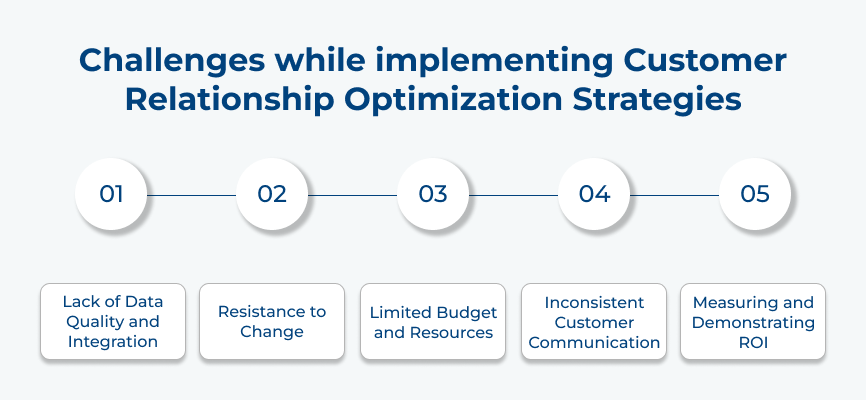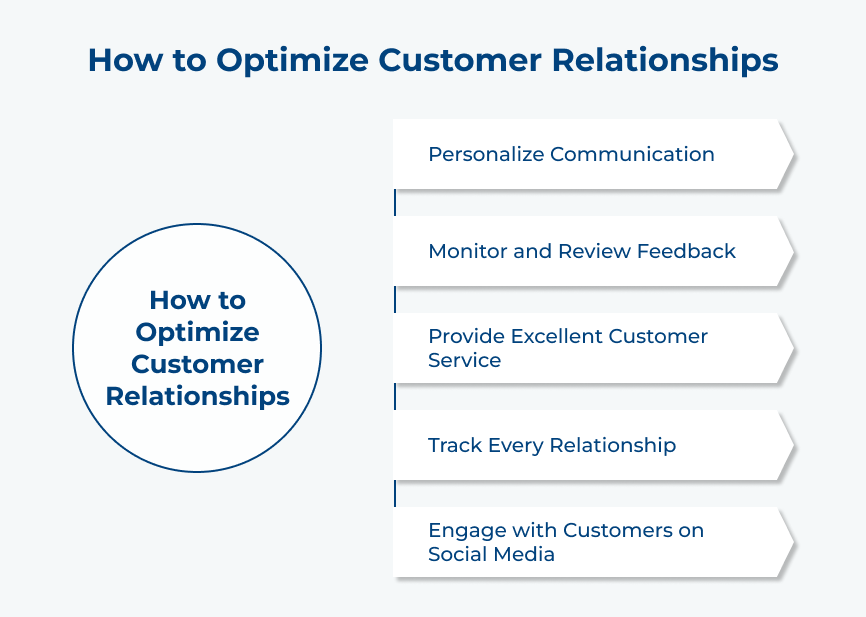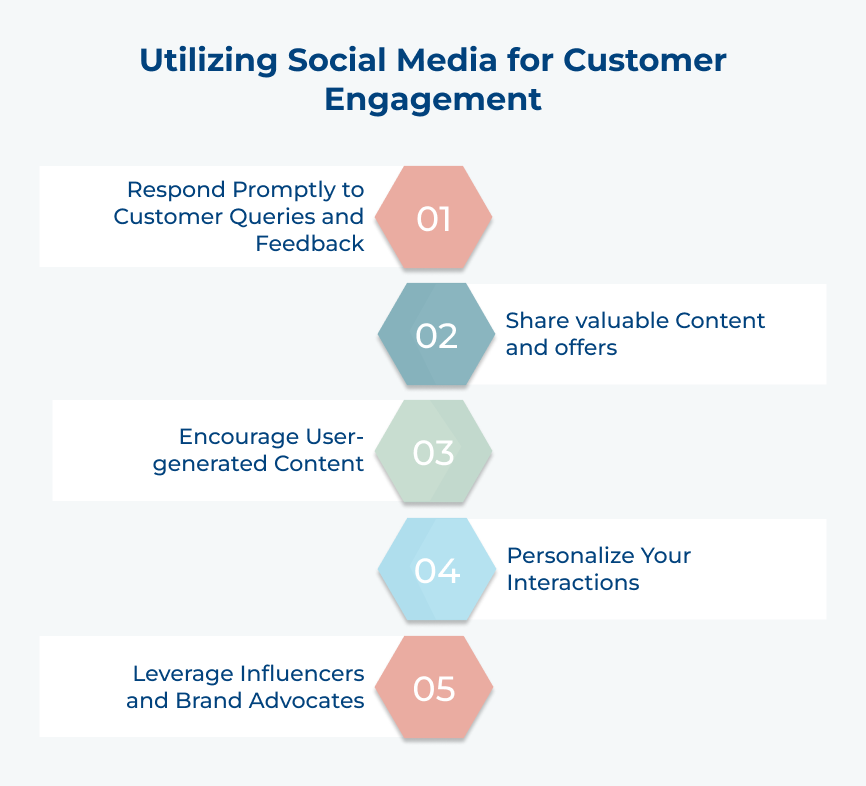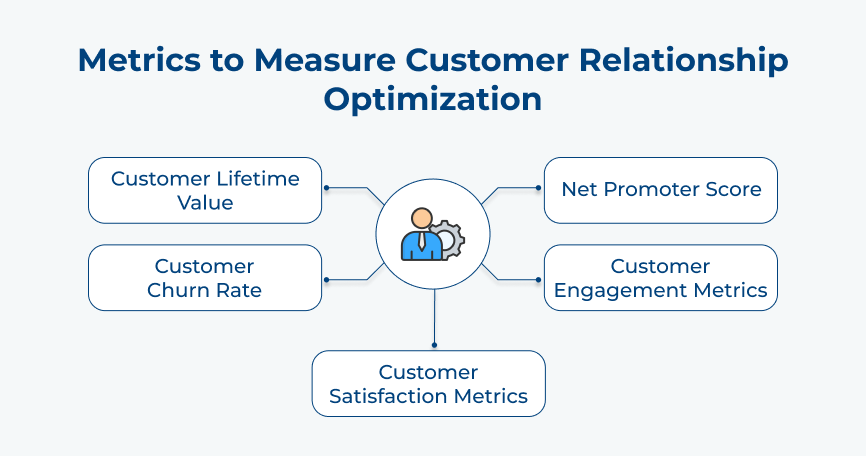1. Personalize Communication
Personalized communication is a strategy that involves tailoring messages, products and services to individual customers based on their preferences. Personalizing communication allows businesses to optimize customer relationships and lead to improved customer experience (CX). 71% of consumers feel frustrated when they receive an impersonal shopping experience.
A great use case for personalized communication is Amazon. Amazon uses data from customer interactions to provide personalized product recommendations and targeted marketing campaigns. It has helped Amazon create a seamless and personalized shopping experience for its customers, leading to increased customer satisfaction.
Pro tips:
- Collect and analyze customer data to understand preferences.
- Use technology such as AI and machine learning to automate personalized messaging.
- Segment customers based on demographics, purchasing behavior and preferences to deliver targeted communication.
2. Monitor and Review Feedback
Monitoring and reviewing feedback is a crucial strategy for optimizing customer relationships. Regularly analyzing feedback from customers allows businesses to gain valuable insights into their preferences, needs and satisfaction levels. The information can then be used to improve products, services and overall customer experience.
Let’s take an example of a clothing retailer that may monitor feedback from customers about the fit and quality of their products. Based on the feedback, the retailer could make adjustments to their sizing charts or materials used. It results in a better overall shopping experience for customers.
Pro tips:
- Use online surveys or feedback forms to collect customer opinions and suggestions.
- Regularly review and analyze feedback data to identify areas for improvement.
- Respond to feedback promptly and transparently, showing customers that their voices are valued.
3. Provide Excellent Customer Service
Providing excellent customer service is a crucial strategy for optimizing customer relationships. Ensuring that customers have a positive experience with the brand allows businesses to build trust, loyalty and satisfaction. It can lead to repeat business, word-of-mouth referrals and long-term success.
One example of how excellent customer service can optimize customer relationships is through timely and personalized communication. Responding promptly to inquiries or concerns and addressing them in a personalized way allows businesses to show customers that their needs are valued.
Pro tips:
- Ensure that employees are well-trained in customer service best practices and empower them to go beyond to meet customer needs.
- Implement a customer loyalty program to reward repeat customers and show appreciation for their business. It can help establish long-term relationships and encourage continued patronage.
4. Track Every Relationship
One strategy that can greatly help in optimizing interactions and improving customer satisfaction is to track every relationship. It involves closely monitoring all interactions, communications and touchpoints with each customer to ensure a personalized experience. Keeping a record of every interaction allows businesses to better understand each customer’s preferences, history and needs.
Tracking relationships allows for more personalized communication, informed decisions and tailored solutions. It leads to higher customer satisfaction and loyalty. Let’s look at an example of a clothing retailer that tracks every customer’s past purchases and preferences. It can send targeted promotions and recommendations based on their style. The personal touch can increase customer engagement and drive repeat sales.
Pro tips:
- Utilize customer relationship management (CRM) software to keep detailed records of all customer interactions.
- Analyze data and insights gathered from tracking relationships to identify patterns.
- Use personalized marketing strategies such as targeted emails and promotions, to enhance the customer experience based on tracked data.
5. Engage with Customers on Social Media
Engaging with customers on social media is a powerful strategy for optimizing customer relationships. Actively interacting with customers on platforms like Facebook, Twitter and Instagram allows businesses to build trust with their audience. The strategy allows companies to connect with customers on a more personal level, receive valuable feedback and increase brand awareness.






